25 Expert Predictions About the Future That Will Excite You

The future looks pretty cool. Sure, long-term worries about climate change and the ever-increasing encroach of robotic intelligence might give the average person pause. But there are still plenty of reasons to look toward the future with great expectations. And that’s not just an opinion: research conducted by futurists and reports produced by some of the world’s smartest think tanks indicate that, on the whole, the future is nothing but bright. Here are 25 reasons why.
1
Poor Countries Won’t Exist

Seems far-fetched, but that’s a prediction made by none other than Bill Gates, who stated that, “By 2035, there will be no more poor countries.” Though the recent swing toward nationalism and protectionist policies by rich nations across the globe might make this seem like an unlikely scenario, the larger trends have been a steady improvement in the average quality of life around the world and a steady eradication of extreme poverty that looks likely to continue. The World Bank, for what it’s worth, expects the number of people living in extreme poverty to dwindle to less than 3 percent of the population by 2030.
2
We Can Live on as Computer Brains
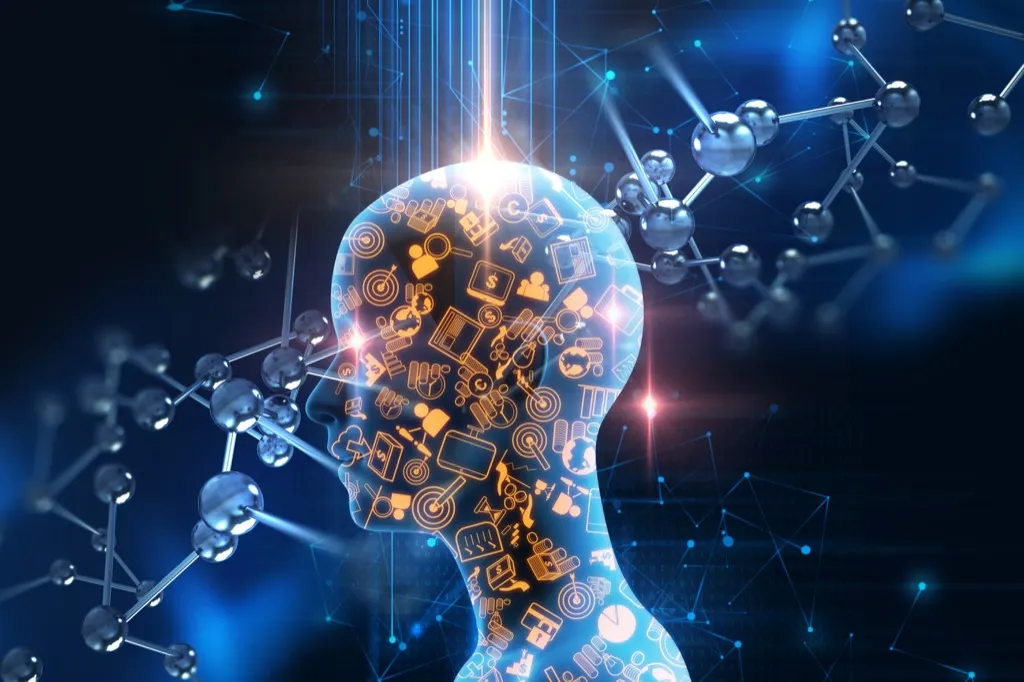
Like an episode of Black Mirror, some researchers predict that we will some day be able to load our brains into a computerized form where they will be able to outlive our bodies. Neuroscientist Randal Koene is studying a way to do this, “mapping the brain, reducing its activity to computations, and reproducing those computations in code,” according to Popular Science, which he expects to be able to do by 2045.
3
Business Will Get More Human

“The cracks in 20th century leadership models becoming more apparent by the day,” say Rohit Talwar, Steve Wells, and Alexandra Whittington, leaders of Fast Future, a professional foresight firm specializing in delivering keynote speeches, executive education, research, and consulting on the emerging future and the impacts of change for global clients. They give the example of retail bosses who resist experimenting with new approaches in the face of digital competition or authoritarian politicians.
“In the face of these toxic and outdated strategies, we could see emergence of new leadership models that focus on promotion of continuous learning, encouraging the expression of alternative of views, and increasing engagement of a more informed workforce and population in debate and decision making about the way ahead.”
4
Leaps Ahead in Transportation

The acceleration adoption of electric cars and autonomous vehicles will transform the world of transportation, according to the Fast Future team. “Major towns and city centers are already becoming cleaner and quieter as a result of the rise in electric and autonomous transport,” they say. “With the banning of manually driven vehicles (except for the emergency and security services) from major cities, road traffic accidents and therefore injury and death involving road vehicles could reduce to almost zero.”
They add that there could also be a dramatic change in ownership of vehicles, with the sight of packed residential streets and difficulty finding parking spots becoming a thing of the past. Though, if you think flying cars are gonna take you to the skies, sorry: that’s one of the 20 Long-Predicted Technologies That Are Never Going to Happen.
5
Renewable Energy Will Be Cheaper and Even More Reliable
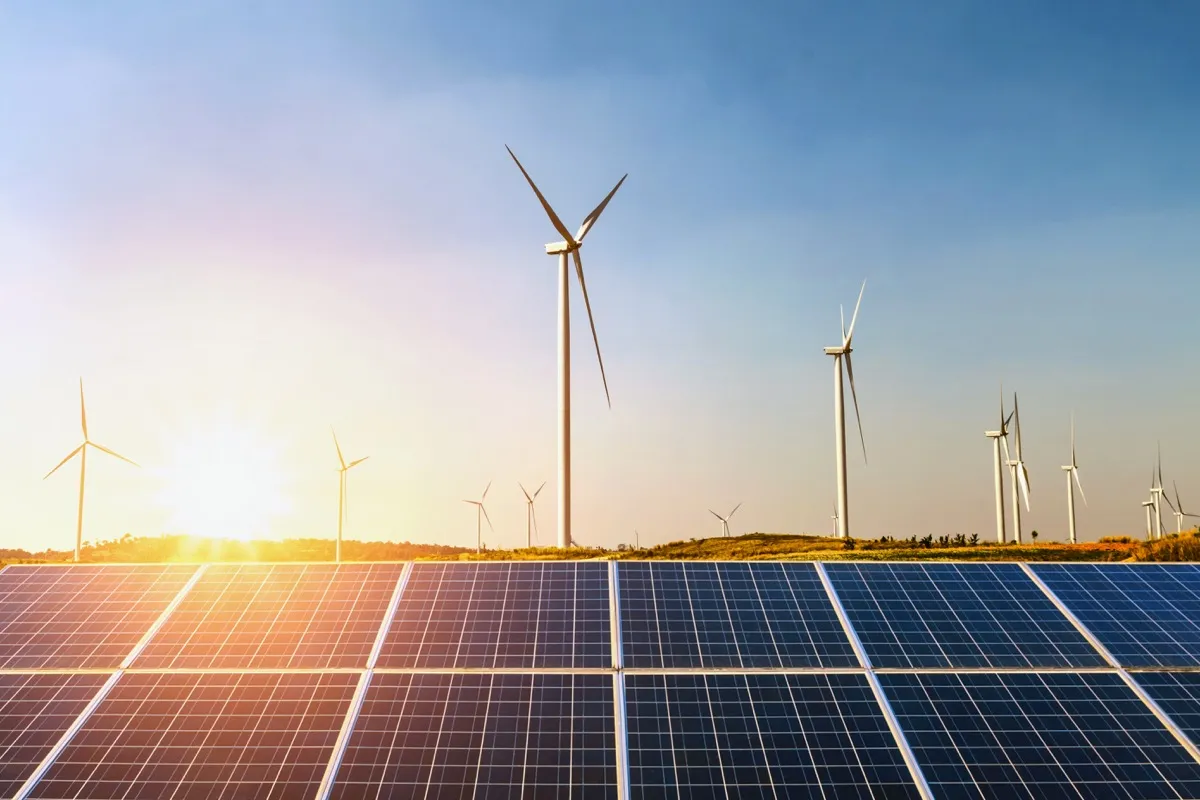
Despite pushback from some quarters, solar and other types of renewable energy continue to march forward, becoming increasingly cheap and ubiquitous. As a World Wildlife Fund report predicts: It is “technically feasible to supply everyone on the planet in 2050 with the energy they need, with 95 percent of this energy coming from renewable sources.”
6
Gender Equality Will Be (as Least Close to) a Reality

According to a report from the Copenhagen Consensus on Human Challenges, while the exclusion of women from work led to the loss of 17 percent of global GDP in the year 1900, this will be reduced to just 4 percent by the year 2050, thanks to, “[R]ising wages and rising female participation in the labor force rise hand-in-hand, implying that there are gains to the society from women’s movement into the paid work sector at these times.” An Oxford University study also predicted that, by the same year, women and men throughout the developed world would largely do an equal share of housework and caring for children, with greater equality between the genders as the years go on.
7
You’ll Be Able to Purchase Emotions Online

With the progress made in psychiatric medication, it’s just a step further to imagine this scenario, described by Alex Ayad, head of Imperial College London’s Tech Foresight Practice: “Recently, techniques for direct brain stimulation, like optogenetics, have made it possible to not only read but also write information into single neurons,” he tells The Telegraph.
But while data-transfer rates have been slow, that’s changing fast. “One could foresee a new and extraordinary world where there is a virtual marketplace for trading high quality emotions—where artists looking for a particularly high strength brew of melancholy, or actors needing to channel regret or compassion for their next play, could purchase emotions online,” he says.
8
Buildings Will Power Themselves
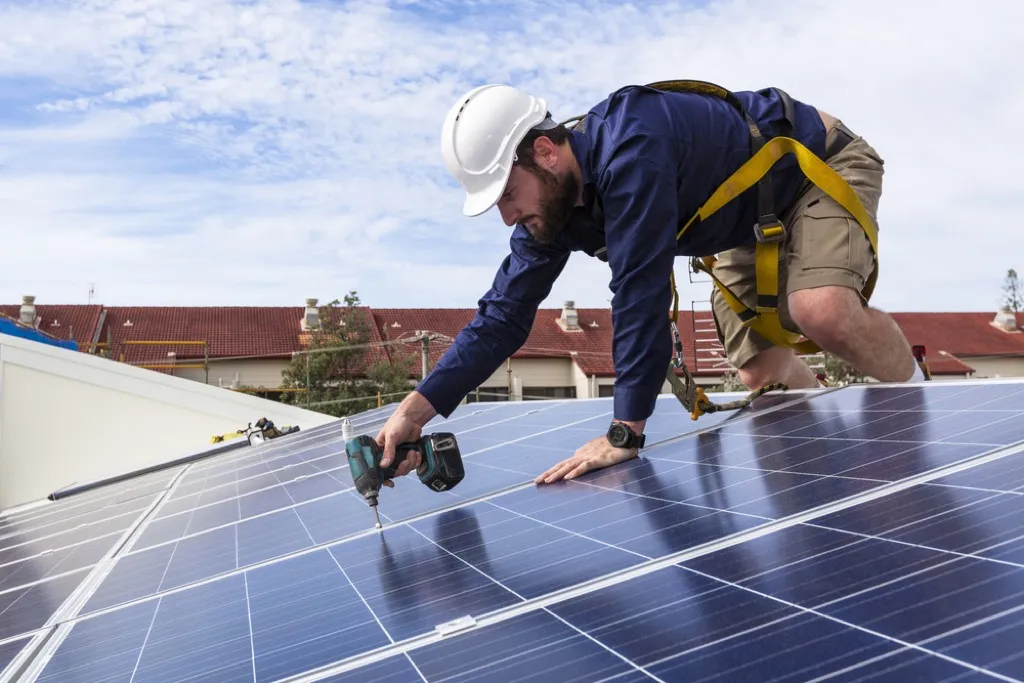
According to Tamar Kasriel, founder and managing director of Futureal, buildings will become energy efficient and self-sustaining. “A powerful mix of sense and/or fear will have continued the momentum behind increasing the efficiency and reducing the cost of alternative power sources,” he tells The Telegraph, adding in a reference to Back to the Future. “Solar panels will be built into lots of different building materials, so the whole of Hill Valley can quietly and cleanly power itself.”
9
Humans Will Upgrade Themselves
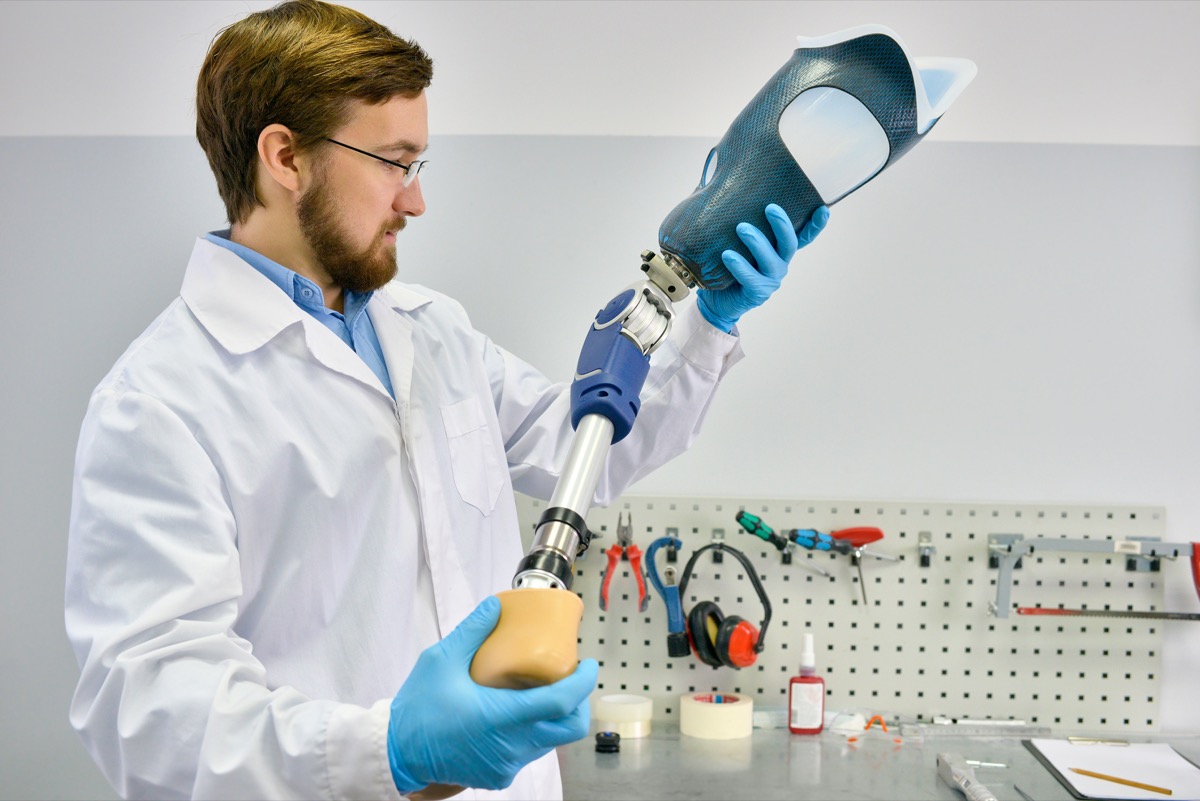
Kasriel adds that he expects medical and technological advances to allow individuals to modify and improve themselves more conveniently and affordably, with “prosthetic add-ons and improvements [moving] further into the realm of the possible and everyday.” He expects that “just the right cocktail of food/medication to be the very best that they can be for the day ahead, based on micro performance analysis of the day just gone.”
10
We’ll Have Living Cities
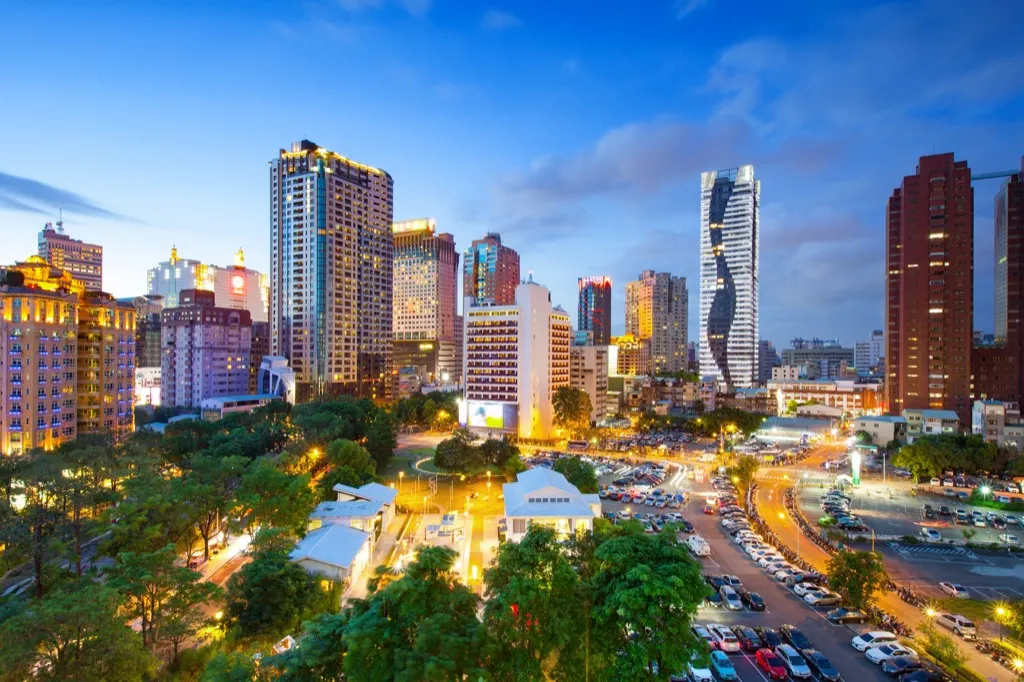
While “smart cities” that adapt to data about and the behavior of its citizens have become a reality (or at least close to it), Ayad suggests that we are not too far from buildings and infrastructure itself responding to the behavior of residents. “Entirely new synthetic life forms, or biological machines, made of engineered living cells from bacteria, fungi and algae will grow and evolve with the changing needs of a building’s inhabitants,” he predicts, with living materials blending seamlessly with manmade architecture to create an urban experience that is healthier and more tuned in to nature.
11
And More Human Cities

The Fast Future team sees a similar evolution in cities, but with a result that technology helps create better connections and sense of community among the citizens.
“As the nature of work, jobs, and shopping change radically, we could see an accelerated pace in the repurposing of major city center buildings from business and retail to residential and leisure,” they predict. “The very technologies that helped to change our work and shopping habits (the Internet, increasingly powerful mobile and wearable devices, AI, robotics, IoT, drones, and autonomous vehicles) also provided the technological solutions for planning, converting, and living effectively in buildings previously used as offices and stores. We could see the emergence of a model where communities of people have taken back the cities and are able to live harmoniously with enabling technologies in a truly connected way.”
12
Invisibility Cloaks Will Be a Thing

It won’t just be the stuff of Harry Potter: Ayer points to developments already happening in nanotechnology engineering, which have enabled scientists to “cloak” objects through by bending and refracting light. “They may be used in everything from novelty gimmicks to making unsightly construction sites and power stations seemingly ‘disappear,'” Ayer predicts.
13
Our Clothes Will Be High-Tech

Futurist Ray Kurzweil describes in his book The Singularity Is Near how our clothing will get more technologically sophisticated, and better allow us to function in a high-tech world. He predicts that “computers will disappear as distinct physical objects, with displays built in our eyeglasses, and electronics woven in our clothing.”
14
Moving Away From Chemicals

The Fast Future team expects to see a fuller embrace of natural dyes to meet the needs of the mass market for clothing and textiles, and a broader move away from chemicals over the long run. “The idea that the future could see the use of less harmful chemicals is good for the planet and the consumer alike,” they say, pointing to a recent Fast Company article on the topic.
15
Smart Technology Will Extend to Moods

If you think voice activation is cool, what do you think about mood activation? Richard Watson, futurist and founder of the online magazine What’s Next, expects that machines will develop to the point that they can read their users’ moods and respond accordingly.
“This can be done by ‘harvesting’ facial expressions, body language, heart rate, voice, and so on,” he predicts. “If you are typing text into a computer, the computer might consider the speed you are typing, decide you are stressed, and conclude that this isn’t the best time to allow you to read negative emails.”
16
Warfare Will Plummet

At a time when international tensions seem to just keep ratcheting up, this might seem optimistic, at best. But experts believe that, by the year 2050, the number of countries involved in internal war will drop by more than 50 percent, according to a report published in International Studies Quarterly. Matt Ridley, author of The Rational Optimist, agreed that the future would bring a drop in armed conflict, telling the World Future Society that “I do expect the decline of violence and war to continue. War will be rare but not absent.”
17
Literacy Will Increase

Like war and famine and poverty, illiteracy has been steadily declining for decades, and the Copenhagen Consensus Center predicts that illiteracy (currently at above 20 percent) will drop to 12 percent by 2050.
18
Baby-Making Will Be Smarter

Fertility techniques have evolved by leaps and bounds in the past several decades and loop poised to develop further soon. From freezing a woman’s healthy ovarian tissue (which can then be re-implanted when she’s ready to have a baby later in life) to creating sperm and eggs from human stem cells, the options for bringing life into the world are about to expand.
19
Baby Geniuses Will Be Real

There are plenty of ethical difficulties to work out in the fears of “designer babies” in which parents can manipulate their children’s genetics before they are even born (replacing diseased genes or making the baby healthier—and in the distant future, potentially boosting a child’s IQ). But setting aside the ethics for a minute, being able to create a super-smart baby would be kind of cool.
20
Computers Will Strengthen Our Brains

Futurist Ian Pearson expects that it’s just a matter of time before our brains are wired to computers in order to help our brains work more quickly. “We can expect this as soon as 2050 for many people,” he tells BBC. “By 2075 most people in the developed world will use machine augmentation of some sort for their brains and, by the end of the century, pretty much everyone will. If someone else does this you will have to compete.”
21
We’ll Be Able to Speak Many Languages

Thanks to enhanced apps, special goggles or other similar devices, simultaneous translation will allow us to speak a wide range of languages without pulling out a translation dictionary. As The Economist explains, “A series of announcements over the past few months from sources as varied as mighty Microsoft and string-and-sealing-wax private inventors suggest that workable, if not yet perfect, simultaneous-translation devices are now close at hand.”
22
We’ll Have Figured Out Nuclear Fusion
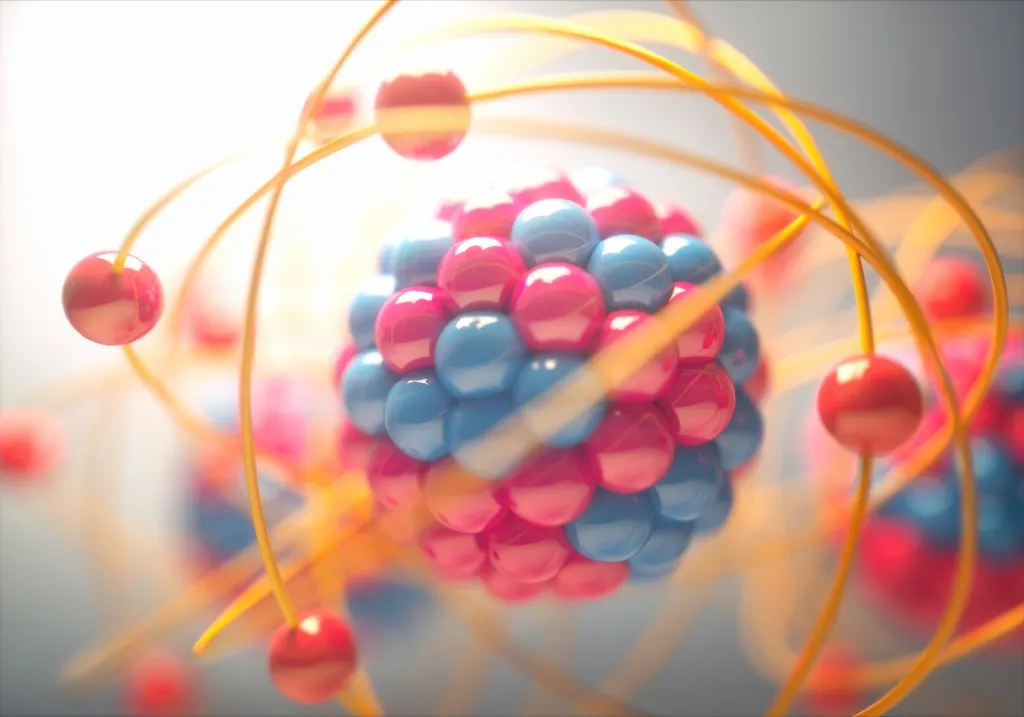
This combining of multiple atomic nuclei has challenged scientists since the 1940s, but that will eventually change, according to Pearson. He maintains that nuclear fusion “is likely [achieved] by 2045 or 2050 and almost certain by 2100. It’s widely predicted that we will achieve this.” But he adds that, “What difference it makes will depend on what other energy technologies we have. We might also see a growth in shale gas or massive solar energy facilities. I don’t think that wind power will be around.”
23
Organ Shortages Will End

While many people still die because they are unable to get an organ transplant in time, developments in creating artificial body parts have paved the way for lab-grown organs that will reduce and potentially eliminate the need for other people to offer up their hearts, lungs, and kidneys.
24
We’ll Live in Floating Cities

While the devastating results of climate change are beginning to show, engineers have been at work creating a workaround to the flooding likely to happen as a result of man’s activities: floating cities. For example, Belgian architect Vincent Callebaut has mocked up a self-sustaining “Lilypad” capable of holding 50,000 inhabitants, which would not only ensure humanity’s survival, but look pretty cool, too. And if you doubt such a project could come to pass, just look at the progress of Jag Mandir (pictured), in Lake Pichola, India, to see that aquatically isolated communities can indeed be sustainable.
25
Two Words: Space Elevators

“[S]pace elevators will certainly be around, and although ‘cheap’ is a relative term, it will certainly be a lot cheaper than conventional space development,” says Pearson. “It will create a strong acceleration in space development and tourism will be one important area, but I doubt the costs will be low enough for most people to try.” And if you’re curious about what we will (or, more likely, won’t) find in the great beyond, here are the 21 Mysteries about Space No One Can Explain.
To discover more amazing secrets about living your best life, click here to follow us on Instagram!